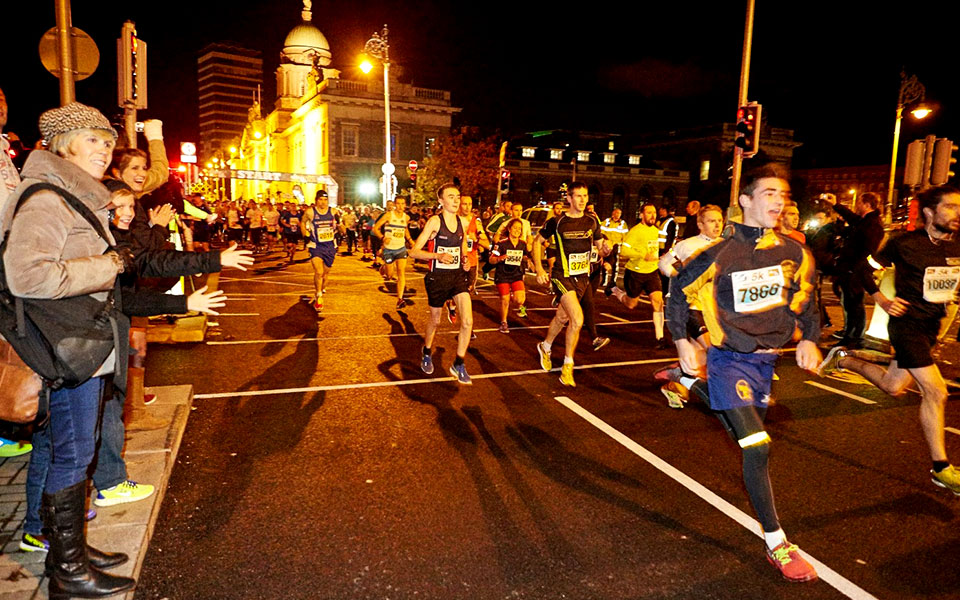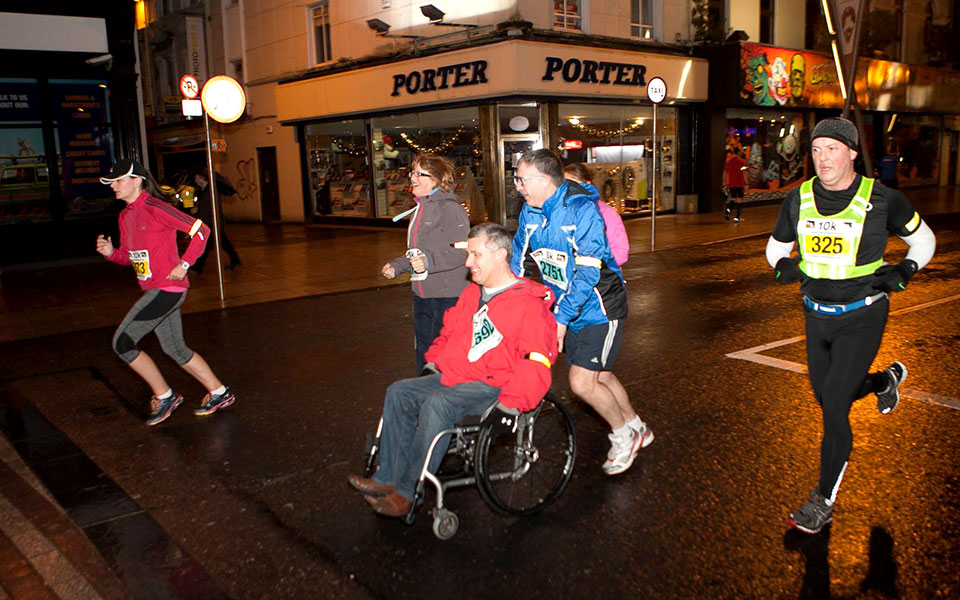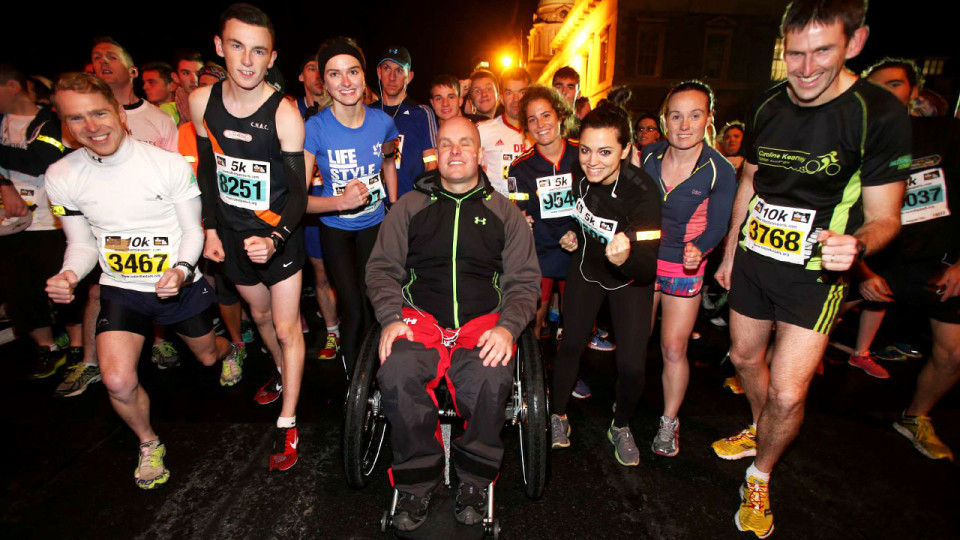Mark Pollock. Does the name ring a bell? Well, he is certainly gaining more attention after the recent publication of the Iron ‘ElectriRix’ Man research by UCLA scientists. Pollock is none other than the first person in the world with chronic complete paralysis to regain enough voluntary control to actively take steps in a robotic exoskeleton.
Advocating new medical science and technology in spinal cord injury research, Pollock is a key player in the search for a paralysis cure that would one day change the lives of millions of paralysed people worldwide, and those who love and support them.
“My father would have been extremely proud of Mark’s work to fast-track a cure for paralysis. His use of his own injury to help further progress in the science for the benefit of all is certainly reminiscent of my dad,” says Matthew Reeve, son of paralysed superhero Christopher Reeve, and champion of the Christopher and Dana Reeve Foundation.
“The Reeve Foundation is very proud to have been involved in the UCLA research project with Mark. I would encourage everyone to take part in a Life Style Sports Run in the Dark event near them on the 11th November to support the work of this superhero; he is an incredible individual able to persevere and endure and is helping to make the world a better place.”
Run in the Dark
As night falls, thousands of participants will don on red flashing armbands and be part of a living light show flowing through the streets in 50 cities like lava.
Attracting 25,000 participants from across the globe, Run in the Dark will be hosted in five official locations with in Dublin, London, Manchester, Belfast and Cork, as well as 45 pop-up events on six continents from Sydney to San Francisco. Organised by Life Style Sports, the international initiative will take place on Wednesday, 11 November 2015 at 8:00 p.m. in various timezones.
5 km and/or 10 km routes will be offered in the official and pop-up locations, including Singapore. Do note that since it is a pop-up event, only 100 slots will be available in Singapore for this year’s event, so read on to find out how to register early to avoid disappointment.

How Far Paralysis Research Has Come
Funds raised by the Mark Pollock Trust and Run in the Dark have been critical to the success of paralysis research. Through the run and other initiatives, the Mark Pollock Trust aims to raise a further £4,000,000 over the next five years to continue fast-tracking a cure for paralysis.
Says 39-year-old Pollock, a Commonwealth Games medalist and South Pole adventurer:
“During the collaborative research trials combining electrical stimulation of my spinal cord, a drug super-charging my nervous system and walking thousands of steps in my robotic exoskeleton, my heart rate hit 138 beats per minute. This is an aerobic training zone, a rate I haven’t even come close to since being paralysed while walking in the robot alone, without the electrical stimulation intervention.
That was a very exciting and emotional moment for me, having spent my whole adult life before breaking my back as an athelete. Stepping with the stimulation, and having my heart rate increase, along with the awareness of my legs under me was addictive. Now, I want to push this further.”
It may seem like a surreal sci-fi movie come to life but Pollack is confident about the technological advances to help paralysis patients.
“A paralysis cure is possible. We all need to do what Christopher Reeve asked us to do ten years ago – work faster and harder. Hopefully people who will understand why I believe it’s possible, why every person who enters the Life Style Sports Run in the Dark, who fundraises, is part of fast-tracking that cure, not just for me but for paralysed people around the world.”
UCLA’s groundbreaking research was recently published on 1 September 2015 by the IEEE, the Engineering in Medicine and Biology Society, the world’s largest society of biomedical engineers.
“The data showed that Pollock was actively flexing his left knee and raising his left leg and that during and after the electrical stimulation, he was able to voluntarily assist the robot during stepping; it wasn’t just the robotic device doing the work.
What we are seeing right now in the field of spinal cord research is a surge of momentum with new directions and approaches to remind the spine of its potential even years after an injury.”
—Professor Reggie Edgerton, lead scientist who has also worked with Reeve

Register by 31 October!
Register for one of the 45 pop-up events by 31 October 2015 and you’ll receive a flashing armband and a limited edition Life Style Sports Run in the Dark branded Buff.
The Singapore pop-up event will take place on 11 November 2015, 8:00 p.m. local time, and will start and finish at The Promontory @ Marina Bay. Sign up for one of the 100 available slots for S$40 at this website.
For more information, visit the official Run in the Dark website.





